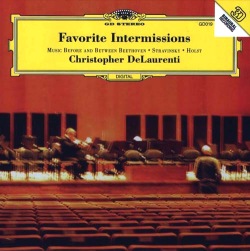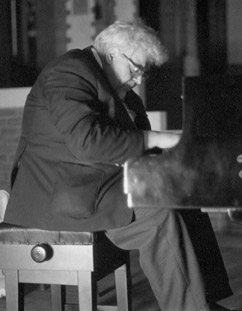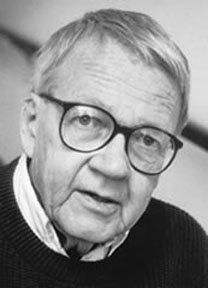 Philip Glass turns 70 today and it seems to me he is doing so without much of the hoopla that surrounded Steve Reich’s attainment of that milestone a few months back. No mention of the event in today’s New York Times and Google News turns up only a brief note about a birthday concert in Nashville. Underwhelming reaction for a man who is America’s best-known living composer and one whose music is so widely available in so many forms–CDs, films, concerts and so on.
Philip Glass turns 70 today and it seems to me he is doing so without much of the hoopla that surrounded Steve Reich’s attainment of that milestone a few months back. No mention of the event in today’s New York Times and Google News turns up only a brief note about a birthday concert in Nashville. Underwhelming reaction for a man who is America’s best-known living composer and one whose music is so widely available in so many forms–CDs, films, concerts and so on.
Part of the problem, it seems to me, is that Glass had written so much music that critics assume that it must be uneven in quality and, of course, that is certainly true. But, like the work of Martinu, (another busy little beaver) Glass’ seconds are better than most composers’ first.
Whatever it is, Glass is generally undervalued by the critics and music directors and that’s a shame because he has (according to some critics whose work I respect) been doing some of his best composing in years lately. When his new opera Waiting for the Barberians opened in Austin last weekend, the reviews were considerably better than they have been for a long time: “Some of [Glass’s] most agile, vivid music,” wrote Steve Smith for The New York Times, “setting scenes with a genuinely impressive emotional specificity.” Mark Swed said in The Los Angeles Times that “Barbarians is a sad, shocking and painfully pensive story … Glass’s music, commercially successful, long ago lost its ability to shock. But he can still write melancholic, wistfully pensive music — and better than ever.”
Another new Glass opera, Appomattox, will debut next October at the San Francisco Opera.
So, here’s today’s Cafferty File question: Is Philip Glass overrated, underrated, or fairly valued? I want an up or down answer from everybody.
 This looks neat. Miller Theater is doing the U.S. premiere of
This looks neat. Miller Theater is doing the U.S. premiere of  My pal
My pal  John Ogdon was born, seventy years ago, on January 27th 1937. The following words were written by him in 1981. “Here then…are some of the harsh facts behind the words ‘severe mental illness’ and ‘serious nervous breakdown’ which the press has been using about me so often lately. Not that I am complaining about the press! – I was thrilled by the sympathetic and wide spread media interest that came my way both before and after my return to the … concert stage”.
John Ogdon was born, seventy years ago, on January 27th 1937. The following words were written by him in 1981. “Here then…are some of the harsh facts behind the words ‘severe mental illness’ and ‘serious nervous breakdown’ which the press has been using about me so often lately. Not that I am complaining about the press! – I was thrilled by the sympathetic and wide spread media interest that came my way both before and after my return to the … concert stage”.  — Born in the Macau region of China, Bun-Ching Lam began studying piano at the age of seven and gave her first public solo recital at fifteen. In 1976, she received a B.A. in piano performance from the Chinese University of Hong Kong. She then accepted a scholarship from the University of California at San Diego, where she studied composition with Bernard Rands, Robert Erickson, Roger Reynolds, Pauline Oliveros. Afterwards she was invited to join the music faculty of the Cornish College of the Arts in Seattle, where she taught until 1986. She’s been the Jean MacDuff Vaux Composer-in-Residence at Mills College, California, the America Dance Festival, the New Jersey Symphony Orchestra; and a Visiting Professor in Composition at the School of Music, Yale University, and at Bennington College in Vermont. She now divides her time between Paris and New York.
— Born in the Macau region of China, Bun-Ching Lam began studying piano at the age of seven and gave her first public solo recital at fifteen. In 1976, she received a B.A. in piano performance from the Chinese University of Hong Kong. She then accepted a scholarship from the University of California at San Diego, where she studied composition with Bernard Rands, Robert Erickson, Roger Reynolds, Pauline Oliveros. Afterwards she was invited to join the music faculty of the Cornish College of the Arts in Seattle, where she taught until 1986. She’s been the Jean MacDuff Vaux Composer-in-Residence at Mills College, California, the America Dance Festival, the New Jersey Symphony Orchestra; and a Visiting Professor in Composition at the School of Music, Yale University, and at Bennington College in Vermont. She now divides her time between Paris and New York.

 The program opened with “
The program opened with “